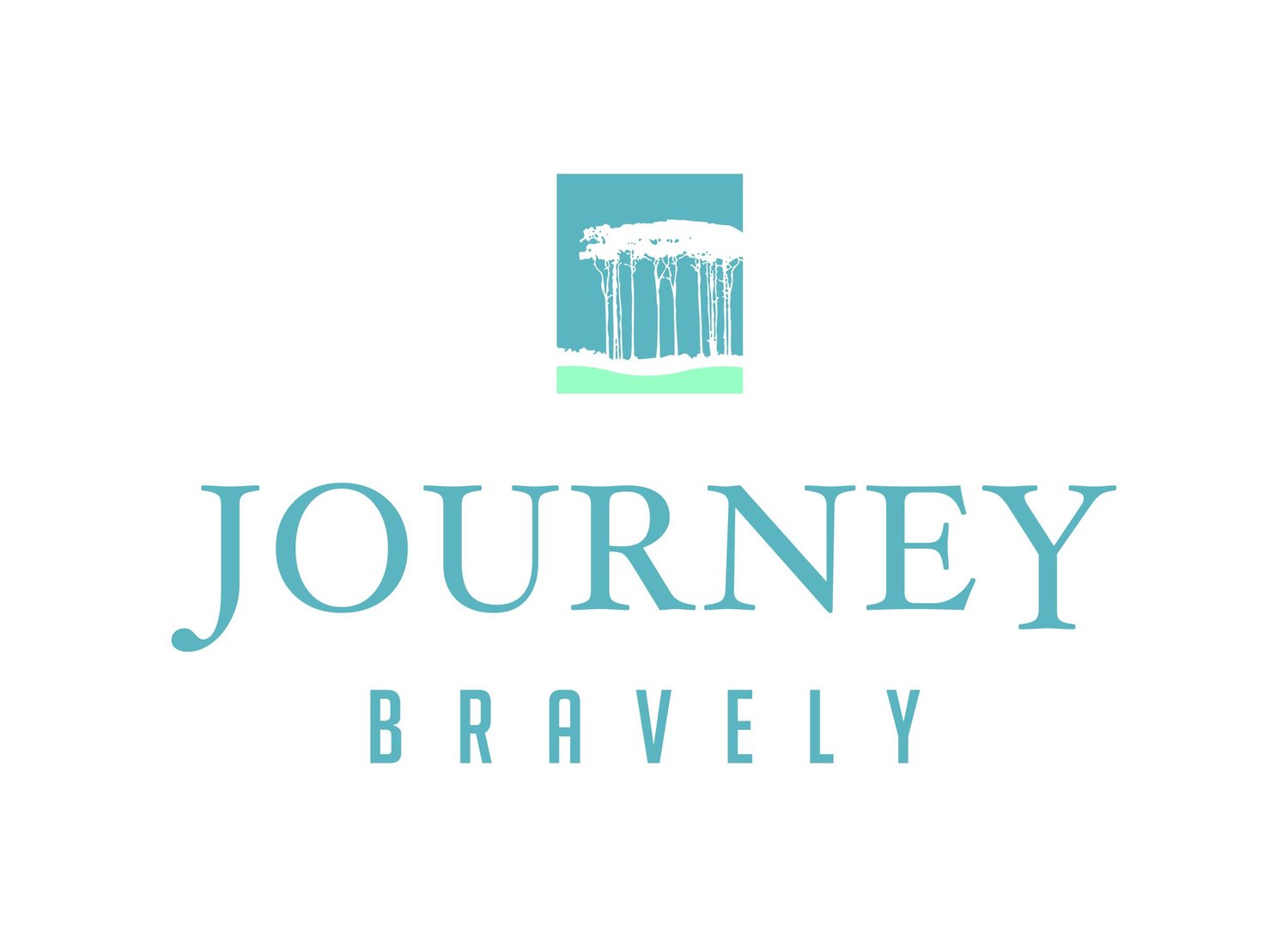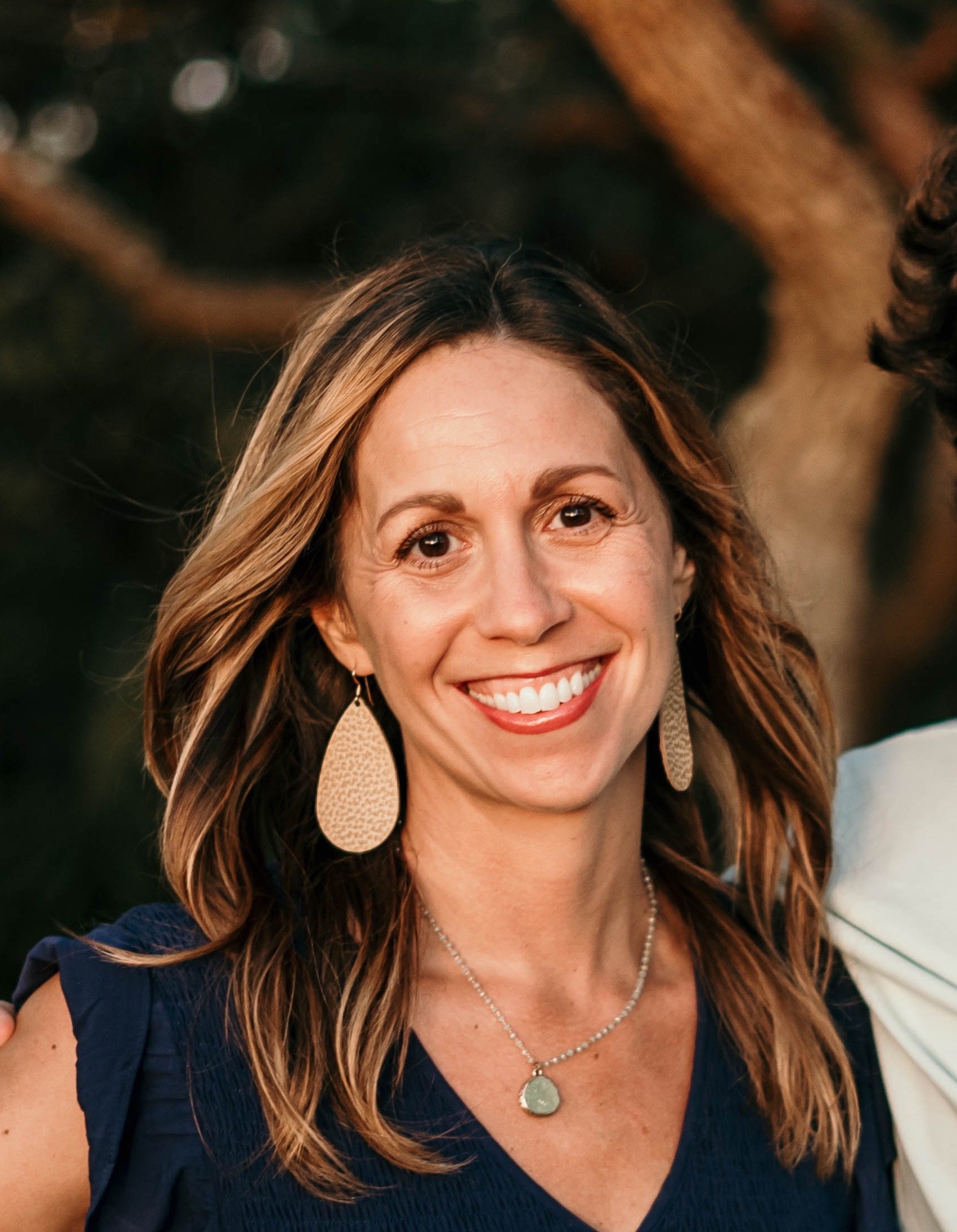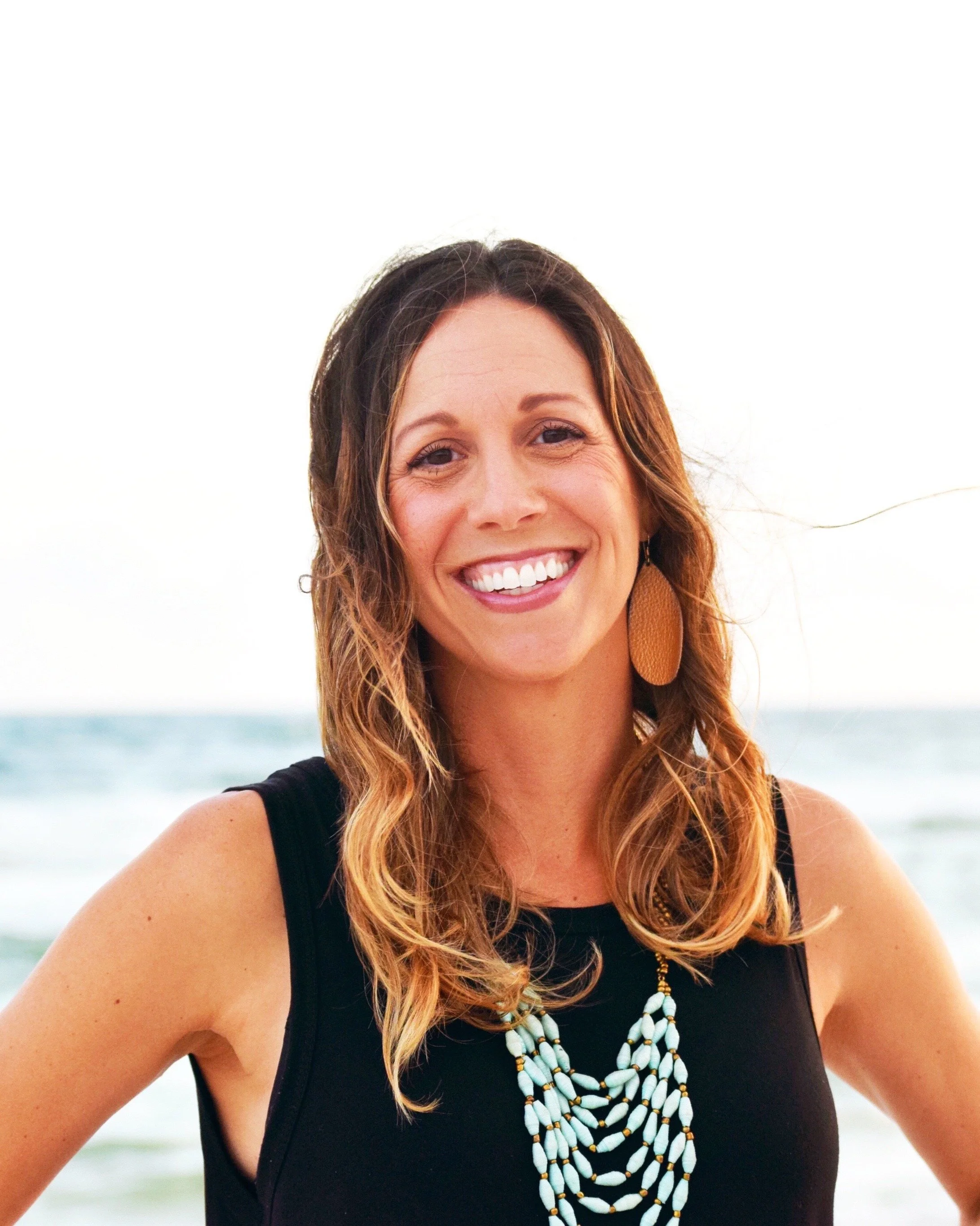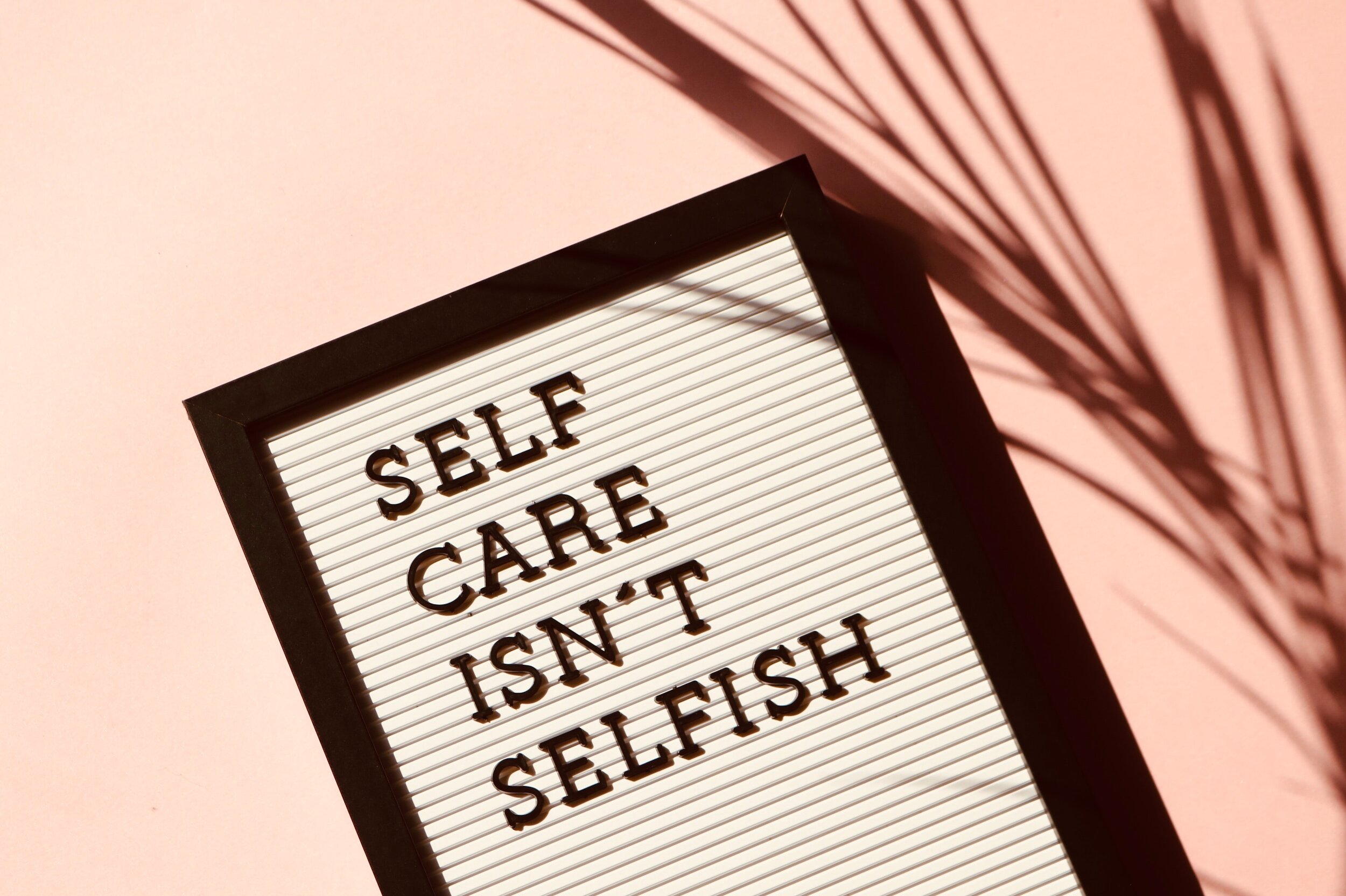Ever find yourself feeling like life is happening to you and you have no control? Maybe a person did something that was unfair or hurtful. Maybe a storm disrupted your home or event. Maybe airlines canceled your flight. Maybe a health condition is making your life difficult. Living life inevitably results in discomfort. It can often feel like things are being done to you and you are a victim of people, your environment, or conditions you can’t control.
Human nature extends us a tempting invitation to see ourselves as victims because victimhood lets us off the hook for taking responsibility for what we can control and casts the blame onto someone or something else. For a moment, embracing victimhood can feel comforting because it keeps you from having to self-reflect or take meaningful action toward change. However, in the long-term, victimhood ends up creating helplessness, hopelessness, bitterness, and resentment.
In reality, life throws curve balls and there are many things outside our control. But, even when the curve balls come, there is a helpful alternative to seeing yourself as a victim. Regardless of what is happening in your environment, you have been granted the gift of self-control. When someone does something unkind and when hard things happen, you have a choice about how you will respond. You can slide into victimhood, blame others, feel helpless, harbor resentment. Or, you can acknowledge the pain of your situation and then shift toward using your self-control to decide how you’re going to show up in the given situation as a healthy version of yourself.
David Emerald writes about the shift from seeing yourself as a “victim” to seeing yourself as a “creator” in his book, The Power Of TED (I highly recommend the short read). Shifting to a creator mindset is accomplished by figuring out where your self-controlled power exists in any given situation and to take meaningful action toward what you’d like to be true that is within your control. Determining what healthy control you have and how you want to respond to people/circumstances creates empowerment. So, what are the practical ways to begin shifting from victim to creator?
6 Ways to Shift from Victimhood to Empowered Creator
1. Acknowledge the discomfort of a person, situation, or condition impacting you in ways you can’t control. For example, your friend betrays your trust. Admit to yourself this has happened, that it hurt you, and that it impacts trust in the relationship. Don’t skip the pain.
2. Sort what you can and can’t control. You can’t control your friend’s behavior, the weather, illness, traffic, etc. You can control or manage yourself, your thoughts, your feelings, your behavior, your responses.
3. Notice the invitation to victimhood. Notice feeling helpless, blaming, telling others your story of being wronged when you did nothing to deserve it, your internal story of life happening to you, your over focus on someone else’s bad behavior or negativity ofcircumstance rather than focus on what you can do.
4. Gently decline victimhood’s invitation. No thanks, victimhood. Yes, this situation is uncomfortable and there are some things here I can’t control, but, I’m going to figure outwhere I do have power and I’m going to use it.
5. Ask yourself, “What do I want to be true in this situation?” I want my friend to know their betrayal hurt me. I want to set a boundary to let them know I won’t continue thefriendship as it has previously existed without loyalty. I want to have friends I can trust.
6. Use the healthy self-control (not others control) you have to help create the reality you desire through meaningful action. Have the uncomfortable conversation with your friend. Change the closeness of the relationship if they continue to betray your trust. Explore deepening other relationships that feel more respectful.
Stepping from victimhood into a creator role is certainly work, however, the resulting empowerment is life-giving, healthy, and produces mature growth in yourself and your relationships.
Stephenie is a Licensed Clinical Social Worker with 20 years experience specializing in emotional/relational health counseling. Stephenie loves hearing others’ stories and helping people find new perspective that produces peace, healing, and connection through individual counseling. Stephenie provides treatment for adults, teenagers, and families with anxiety symptoms, parenting struggles, teen issues, depression, grief, divorce, and other life transitions. Realizing your life is out of balance and ready to schedule your initial counseling session? Connect here for information about counseling Stephenie provides and get your initial therapy session scheduled.

















